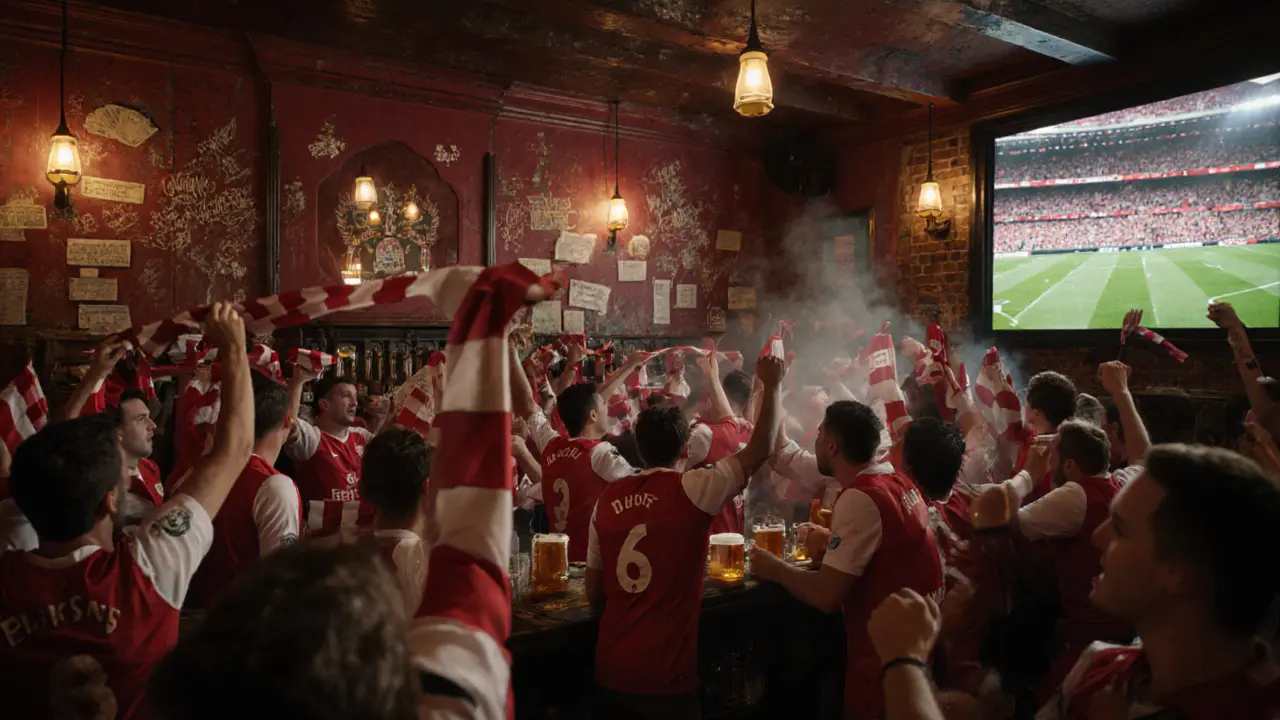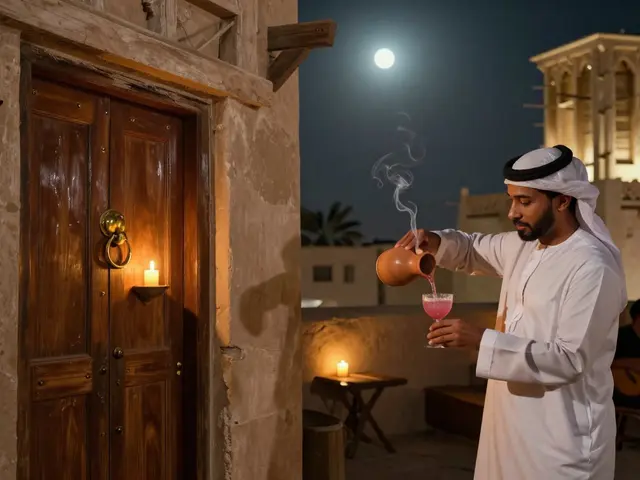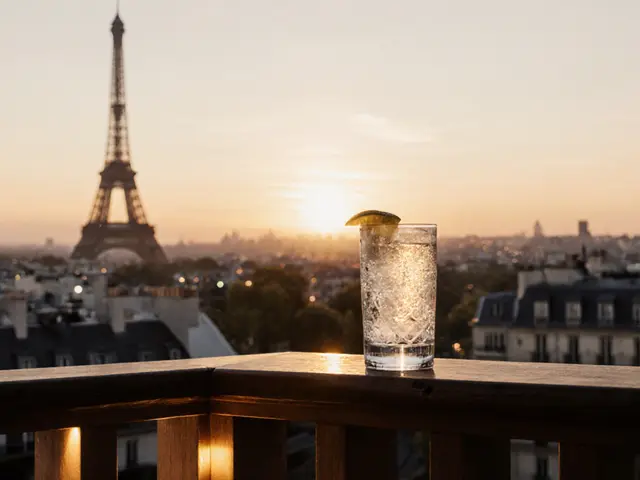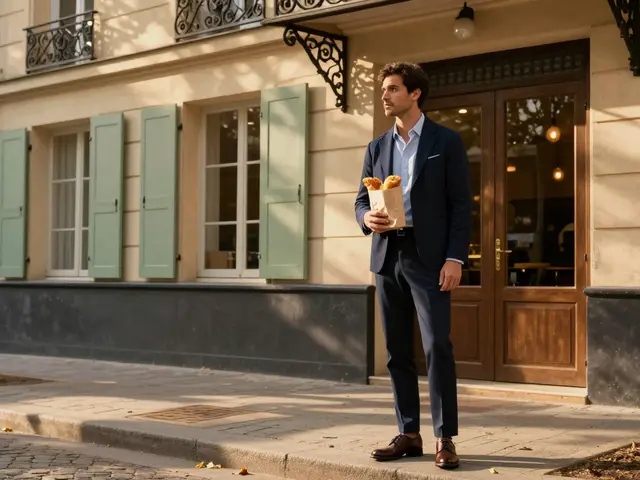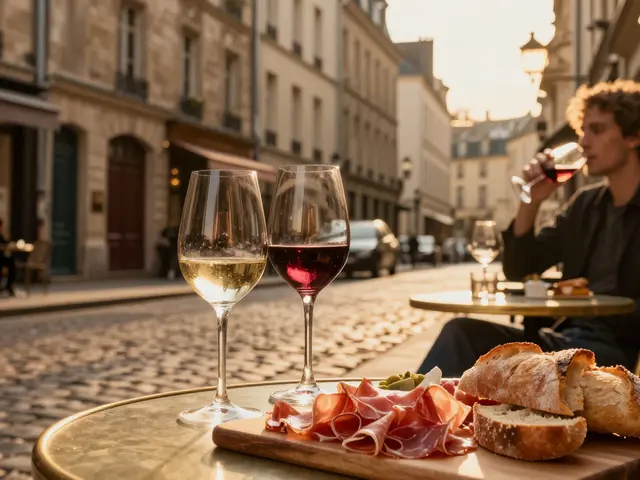London’s nightlife isn’t just about clubs and cocktails-it’s where the city roars with sports passion after the final whistle.
If you’re a sports fan in London, you don’t need to wait for match day to feel the energy. The city’s best pubs, bars, and venues come alive when the game kicks off, turning ordinary streets into roaring arenas. Whether you’re cheering for Arsenal, England, or the All Blacks, there’s a spot in London where the crowd knows your jersey by heart.
You won’t find quiet corners here. You’ll find standing ovations after a last-minute goal, strangers hugging after a penalty shootout win, and bartenders who remember your usual drink because you’ve been here every Champions League night for three years. This isn’t just watching a game-it’s being part of a ritual.
Where the biggest football matches come alive
For Premier League fans, the best spots aren’t the tourist traps near Piccadilly. They’re the local pubs tucked into neighborhoods where fans have been gathering for decades. In Islington, The Cross Keys has been the unofficial home of Arsenal supporters since the 1980s. The walls are covered in signed shirts, matchday programs, and old match tickets. On a big night, you’ll need to arrive by 5 p.m. to get a seat. The staff don’t serve drinks-they hand out chants.
West Ham fans head to The Plough in Upton Park. It’s small, loud, and smells like grilled sausages and stale beer. The TV is always on, and the barman doesn’t ask if you want a pint-he just slides one over when the team scores. If you’re lucky, you’ll catch a group of fans singing the club’s anthem in perfect harmony, voices cracking from years of shouting over the crowd.
For Chelsea fans, The Duke of York in Fulham is the place. It’s got the largest screen in west London, a dedicated fan zone with replica trophies, and a rule: no one leaves until the final whistle. Even if the match ends in a draw, the crowd stays until the last replay. It’s not about winning-it’s about being there together.
Rugby, boxing, and the underdogs with loyal followings
London isn’t just football. Rugby fans have their own temples. In Twickenham, The Red Lion is where rugby families gather. It’s not flashy. It’s got mismatched chairs, a sticky floor, and a wall covered in old rugby caps. But on Six Nations night, it’s packed with men in jerseys, women holding flags, and kids wearing miniature replica kits. The bar serves “Try Teas” and “Lineout Lagers,” and the crowd counts down the final 10 seconds like it’s the Super Bowl.
Boxing fans don’t go to clubs-they go to The Green Man in Camden. It’s been hosting live broadcasts of British title fights since the 1990s. The ring is on a big screen, but the real action is in the crowd. When a fighter lands a clean punch, the whole room jumps. When the bell rings, people high-five strangers. You don’t need to know the fighters’ names-you just need to know when to scream.
Even niche sports have their spots. Netball fans gather at The Queen’s Head in Southwark every England match. Cricket lovers crowd into The Cricket & Co in Richmond, where they argue over lbw decisions over pints of bitter. These aren’t afterthoughts-they’re communities built around shared passion.
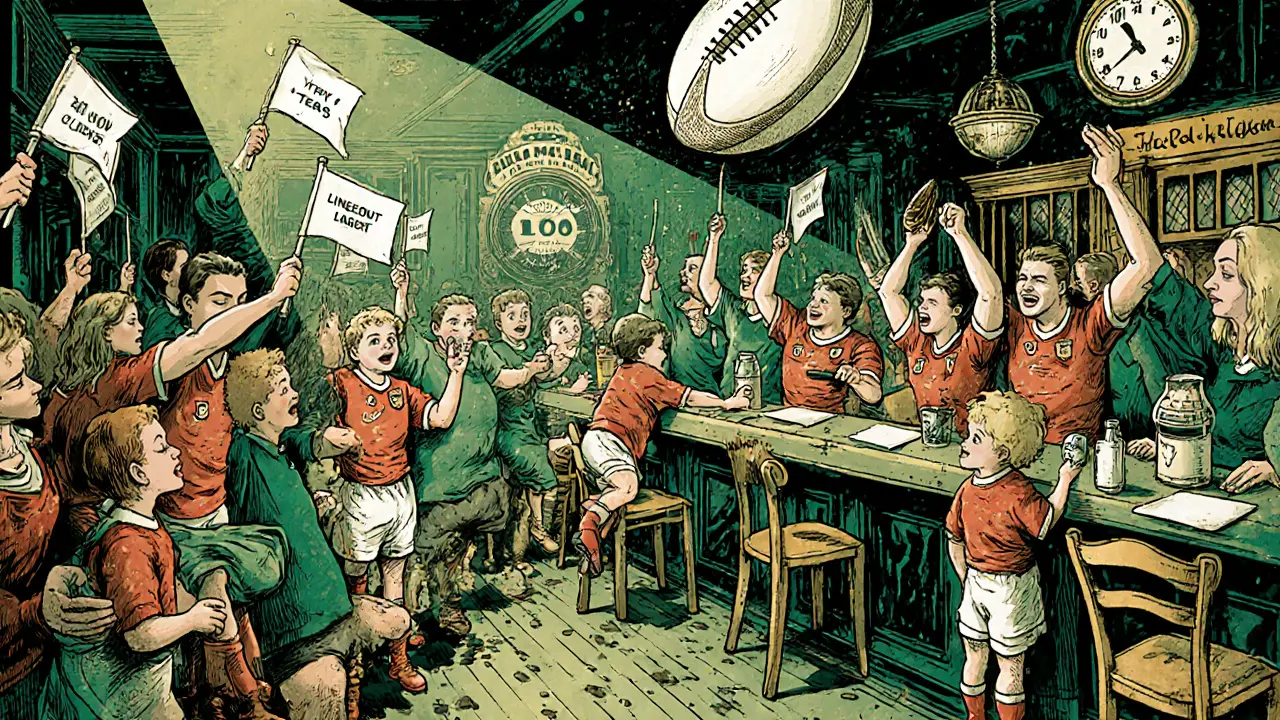
Match-day rules you need to know
Not every pub is created equal. Some are great for watching, others are great for drinking. Here’s what actually matters:
- Check the TV setup: Look for multiple screens, not just one. Big matches often run parallel-Premier League, Champions League, and international fixtures all at once.
- Avoid places with “VIP lounges.” They’re often empty during games. The real fans are in the back room, where the tables are pushed together and the sound is turned up.
- Know the drink specials: Many pubs offer “Match Day Pints” or “Goal Beer” discounts. But don’t assume they’re cheaper-some charge double during big games.
- Arrive early: If it’s a final, a derby, or a national team match, get there at least two hours before kickoff. Lines for the bar can be 45 minutes long.
- Bring cash: Many of the best sports bars still don’t take cards during big events. They say it’s faster. We say it’s tradition.
And never, ever wear the wrong team’s colors. Not because you’ll get kicked out-but because you’ll be shouted at for 90 minutes. Londoners don’t mind fans from abroad. They mind fans who don’t know the rules.
What to expect after the final whistle
The game ends. The crowd erupts-or falls silent. Then what?
In winning neighborhoods, the party moves to the street. Fans sing, wave flags, and buy rounds for anyone nearby. You’ll see strangers hugging. You’ll hear “I’ve waited 15 years for this!” from someone you just met. It’s not just celebration-it’s catharsis.
In losing neighborhoods, it’s quieter. But no less real. You’ll find fans sitting at the bar, staring at their empty glasses. Someone will say, “We’ll get ‘em next time.” And someone else will nod. That’s the bond.
After midnight, the clubs open. But the real nightlife doesn’t start until 1 a.m.-when the last match ends and the fans spill into places like The Electric Ballroom in Camden or The Garage in Islington. DJs spin classic anthems: “You’ll Never Walk Alone,” “Swing Low,” “Viva La Vida.” No one dances to the music. They dance to the memory of the game.
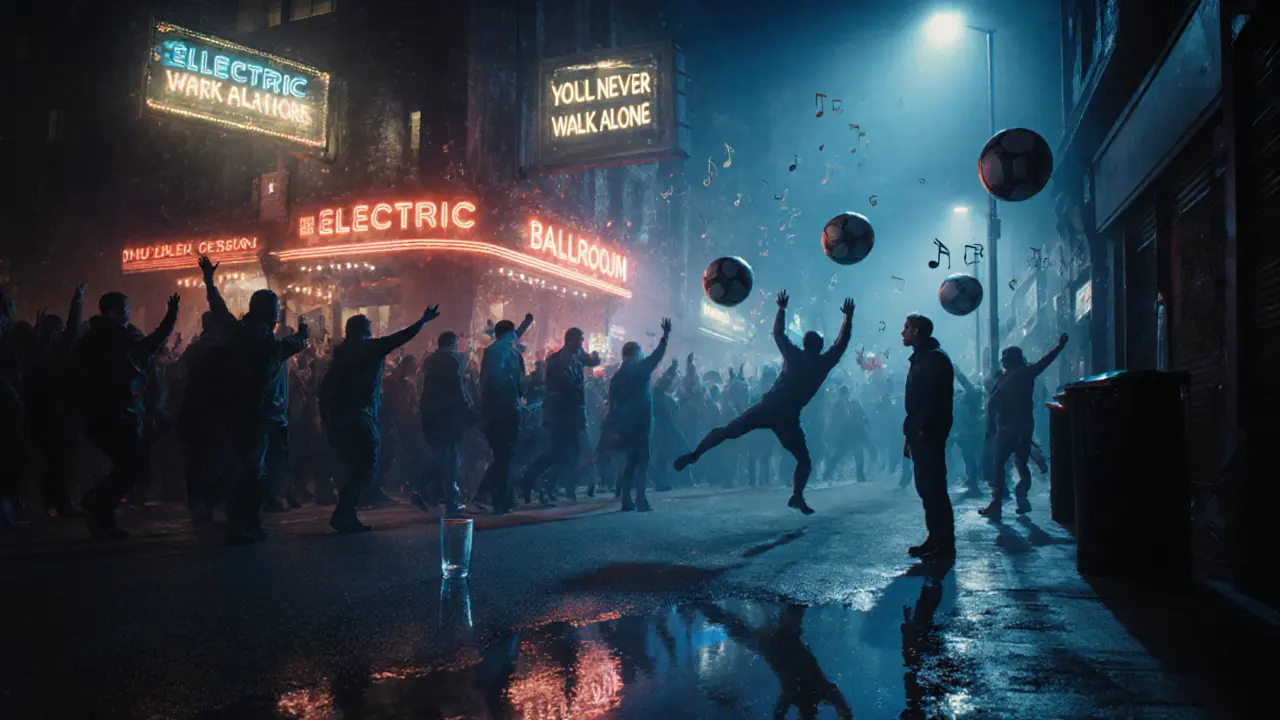
Seasonal highlights you can’t miss
London’s sports calendar shapes its nightlife. Here’s what to plan around:
- December-February: Premier League winter fixtures. The pubs are packed. The air is cold. The warmth comes from the crowd.
- March-May: Champions League and Europa League knockout nights. Every bar in the city has a different team. You can hop from one to another like a pub crawl.
- June-July: UEFA Euro or World Cup. London turns into a global village. You’ll hear Spanish, German, French, and Arabic chants in the same pub.
- August: The FA Community Shield. It’s the unofficial start of the season. The pubs open early. The first pint is free if you’re wearing a team jersey.
- November: Rugby World Cup. The city turns green, red, and gold. The pubs have special menus: “Try Tacos,” “Lineout Lamb Burgers.”
These aren’t just events-they’re cultural moments. You don’t just watch them. You live them.
What to wear, what to bring, what to avoid
Wear your team’s jersey. No exceptions. It’s not a fashion choice-it’s your ticket in. Most sports bars let you in for free if you’re wearing a jersey. Some even give you a free drink.
Bring a power bank. Your phone will die from taking photos, checking scores, and calling friends who aren’t there. Don’t rely on Wi-Fi. Most pubs turn it off during matches to keep the focus on the game.
Avoid chain sports bars like Wetherspoons or Sports Bar & Grill. They’re clean, they’re loud, but they feel like a movie set. The real magic is in the independent pubs-the ones with peeling paint, mismatched stools, and owners who’ve been serving pints since the 1970s.
And never, ever say “I don’t get football.” You’ll get laughed at. But if you say, “I’m new here-what’s the story behind this team?” someone will pull up a chair and tell you for an hour.
What’s the best sports bar in London for international fans?
There’s no single best bar-it depends on your team. But if you’re a visitor and want to feel the full mix, head to The Cross Keys in Islington (Arsenal), The Plough in Upton Park (West Ham), or The Red Lion in Twickenham (rugby). These places welcome tourists who wear the right jersey. The staff will explain the chants, point out where to stand, and even buy you a drink if you cheer loud enough.
Can I watch a match without buying a drink?
Technically, yes-but you won’t last long. Most sports bars expect you to buy at least one drink, especially during big games. It’s not a rule written on the wall-it’s an unspoken agreement. You’re not just watching the game. You’re part of the crowd. And crowds share drinks.
Are there any sports bars open on match days after midnight?
Yes. Many pubs stay open until 2 a.m. on big match nights, especially during tournaments. Clubs like The Electric Ballroom and The Garage open at 1 a.m. and play match highlights on loop with live DJ sets. The crowd doesn’t leave-they just move from the pub to the club. It’s the only place in London where you can still hear the roar of the crowd at 3 a.m.
Do I need to book a table for a big match?
For Premier League games, Champions League finals, or World Cup matches, yes. Most top sports bars take reservations for big games. Call at least 48 hours ahead. Don’t wait until the day of. You’ll be turned away. And no, the barman won’t remember you from last time. Everyone thinks they’re special. Only the ones who book get a seat.
What’s the most surprising thing about London’s sports nightlife?
That it’s not about the teams. It’s about the people. You’ll see a 70-year-old man in a 1980s Chelsea shirt singing with a 19-year-old student in a new PSG jersey. You’ll see a French tourist clapping along to an English anthem. You’ll see strangers become friends because they both screamed when the ball went in. The game brings them together. But it’s the people who keep them coming back.
Next steps: How to plan your night
Start by picking one team. Not all of them. Just one. Then find the pub that loves them the most. Use Google Maps and search “football pub [team name] London.” Read the reviews. Look for ones that mention “real fans,” “no TVs turned off,” or “chanting.” Avoid anything that says “family-friendly” unless you’re bringing kids.
Check the match schedule. Most big games are on weekends, but Premier League matches now happen on Tuesdays and Wednesdays too. Don’t assume the pub will be quiet on a weekday-some of the loudest nights are during midweek Champions League games.
Go early. Bring cash. Wear your jersey. Don’t be shy. Say hello to the person next to you. They might be your new best friend by the final whistle.
